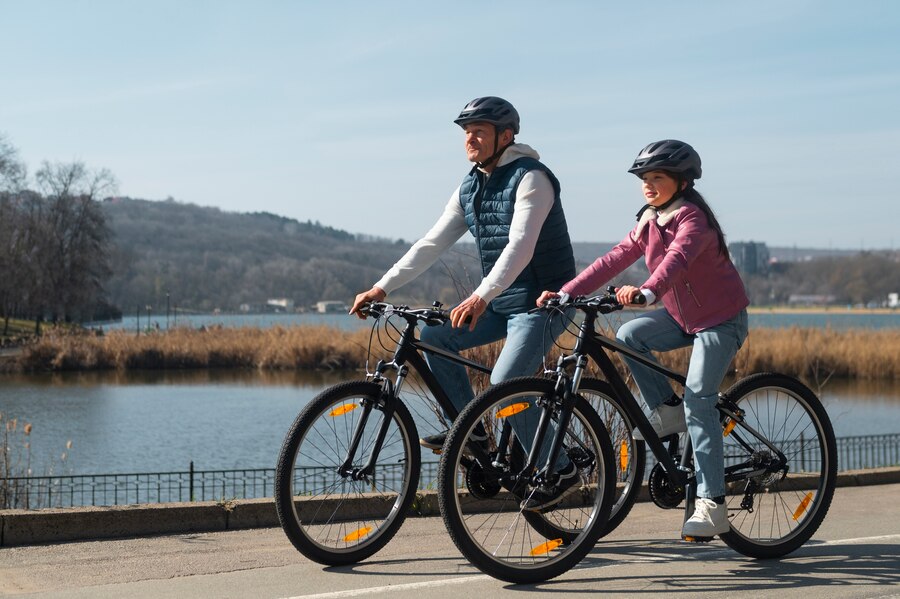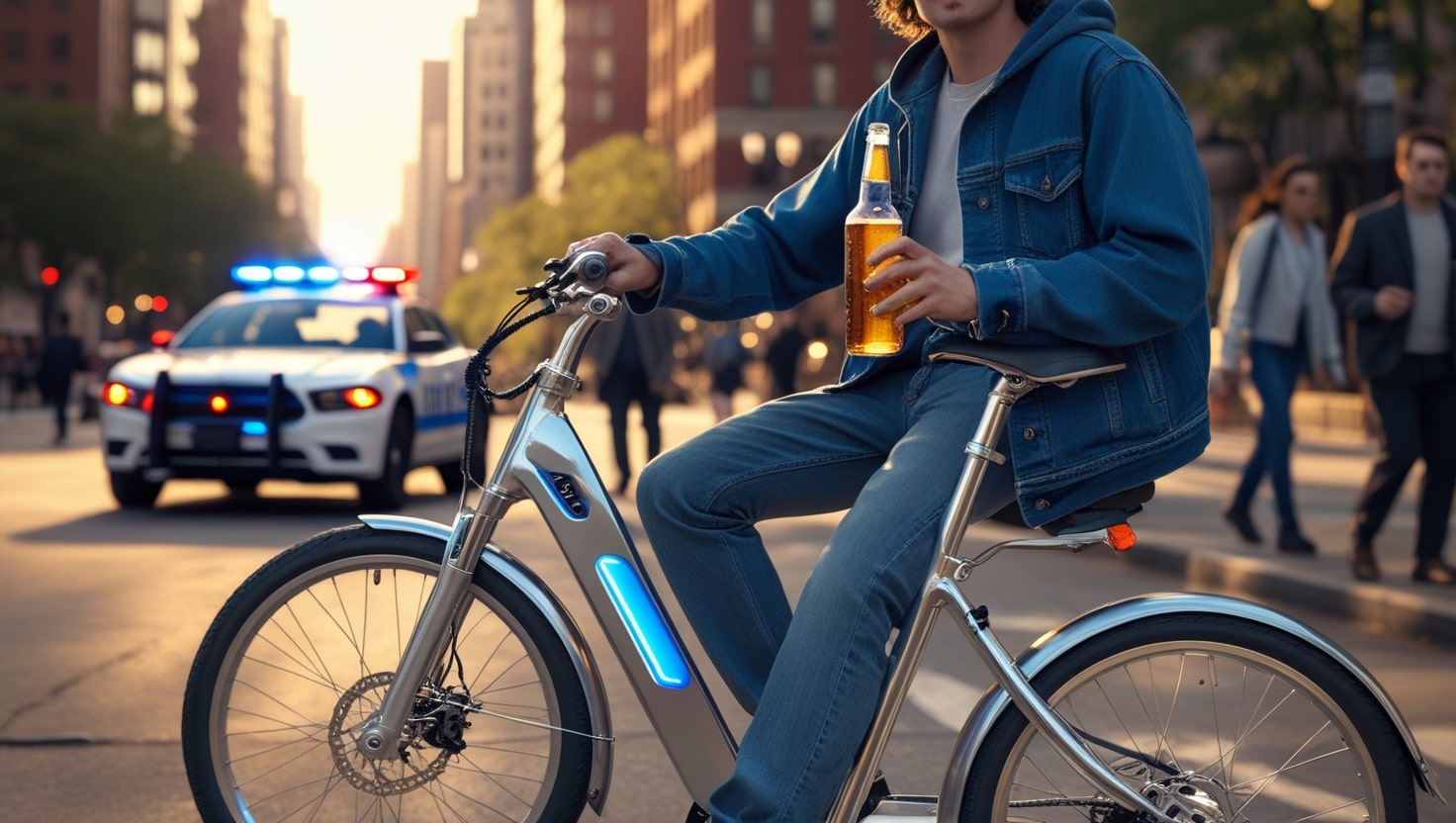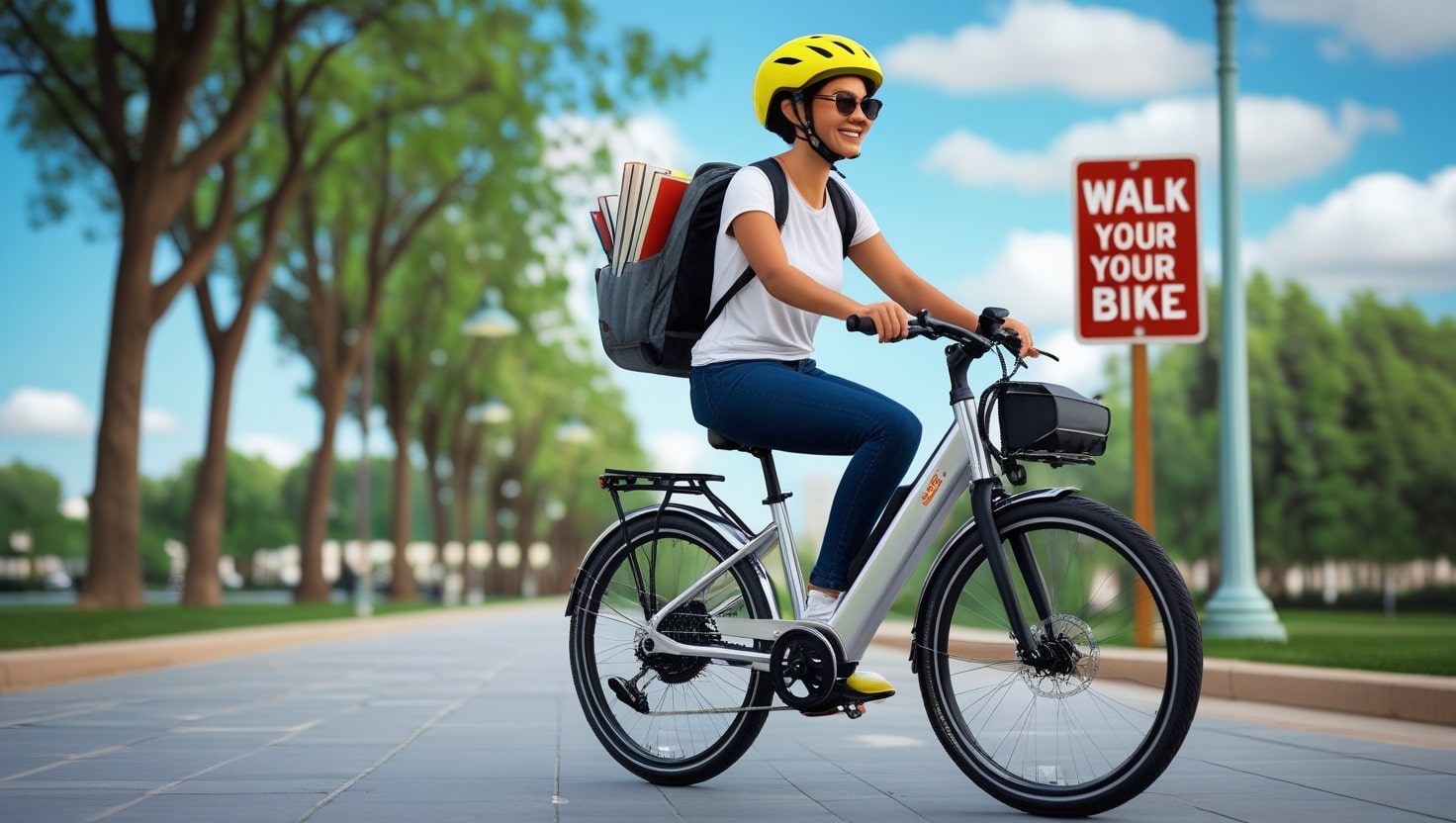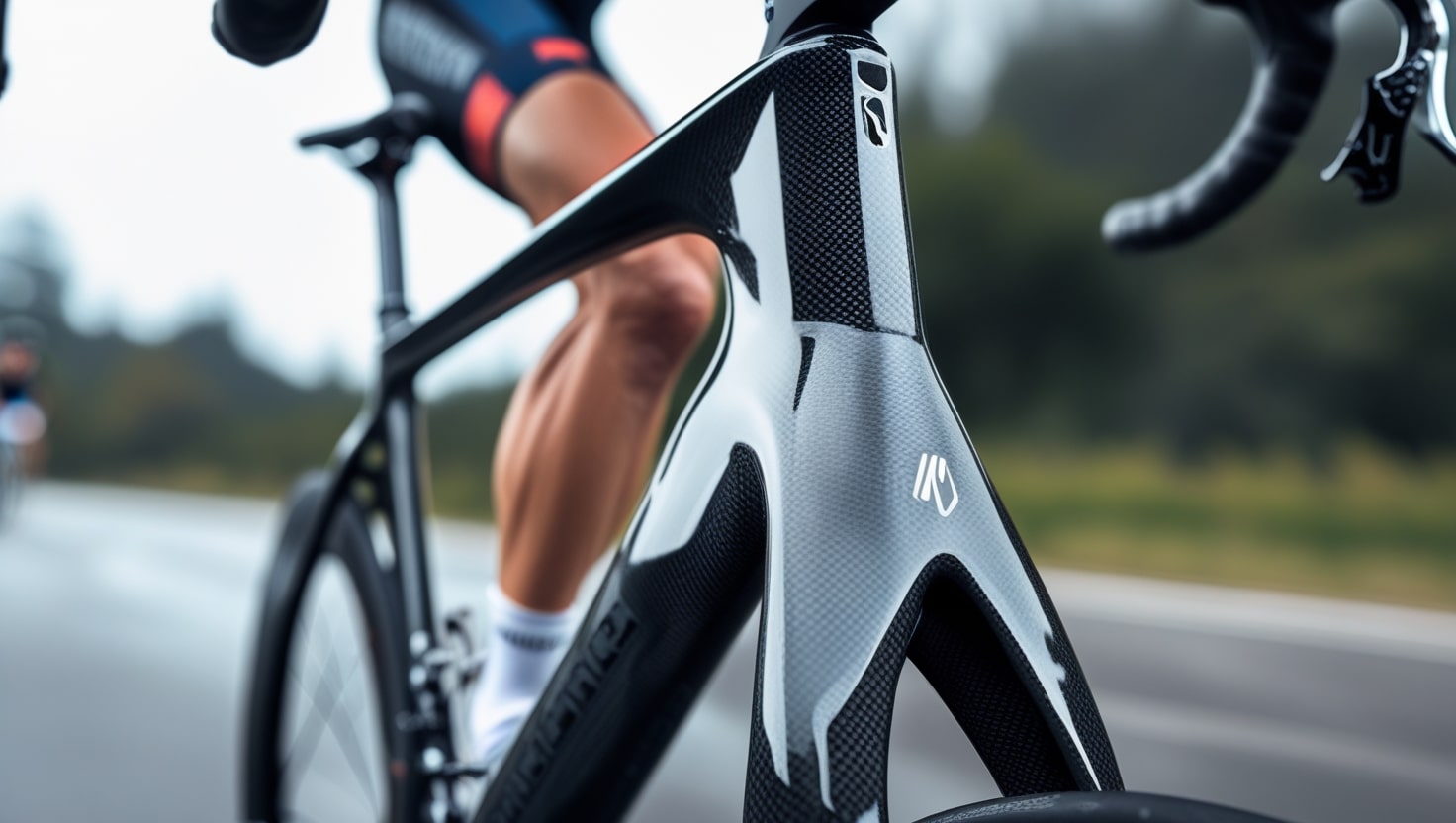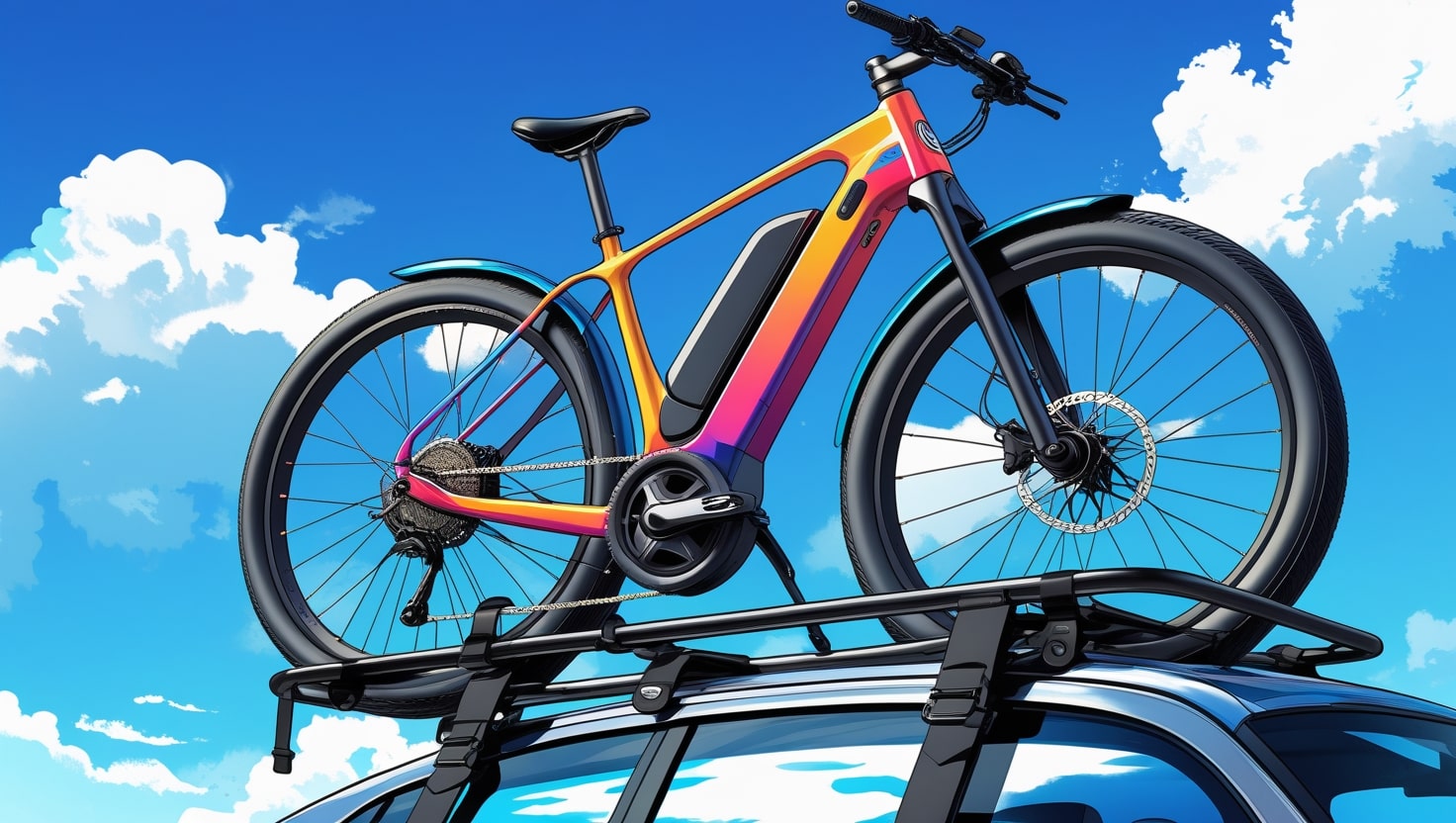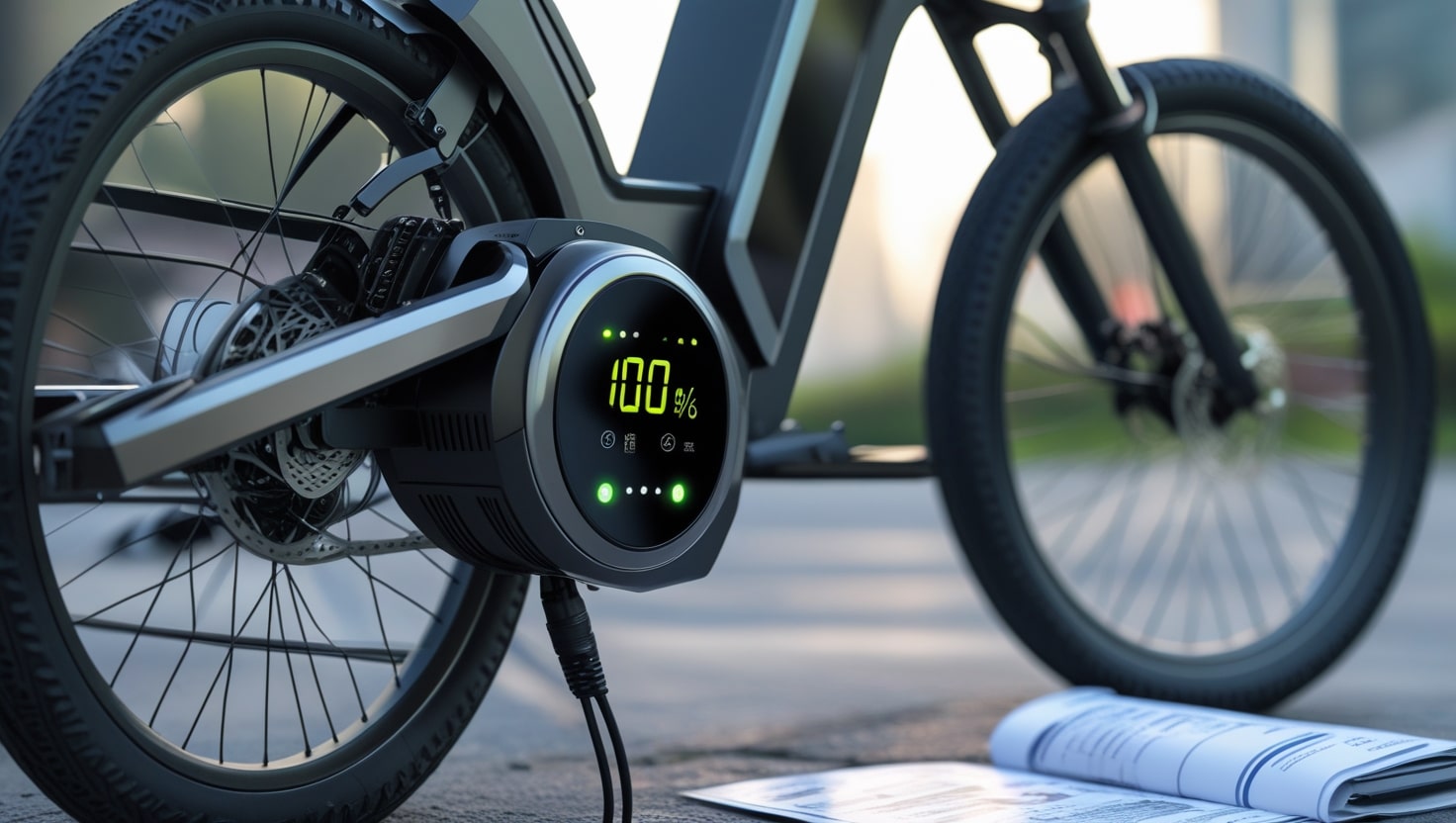Florida made significant progress in e-bike regulations on July 1, 2020, when a new law was officially signed by Gov. Ron DeSantis. This law not only brought Florida in line with over 20 states that already had dedicated e-bike legislation but also addressed necessary changes by legally classifying recumbent bicycles as bicycles. As someone who has experienced the rapid adoption of e-bikes firsthand, it’s fascinating to see how state and federal laws continue to adapt to this growing trend.
E-bikes have been steadily growing in popularity, making up 10% of overall US bicycle sales from May 2017 to May 2018. With projections of 130 million e-bikes sold globally by 2023, this surge has highlighted how Florida was previously behind the industry. The popularity of electric bicycles has encouraged states to prioritize safety and inclusivity, ensuring Florida ebike laws keep pace with evolving technology and usage trends. For daily commuting or leisure rides, e-bikes are reshaping mobility across the US.
Related: Pennsylvania Ebike Laws
Key Florida ebike laws explained
Florida e-bike laws are designed to ensure safety and clarity for riders. The regulations specify where you can ride and under what conditions, making it important to follow this starter guide for compliance. As of January 2023, the rules can still change, so it’s essential to check local and state regulations regularly before taking your e-bike for a ride.
Florida eBike Laws and Classifications
What Is an eBike in Florida?
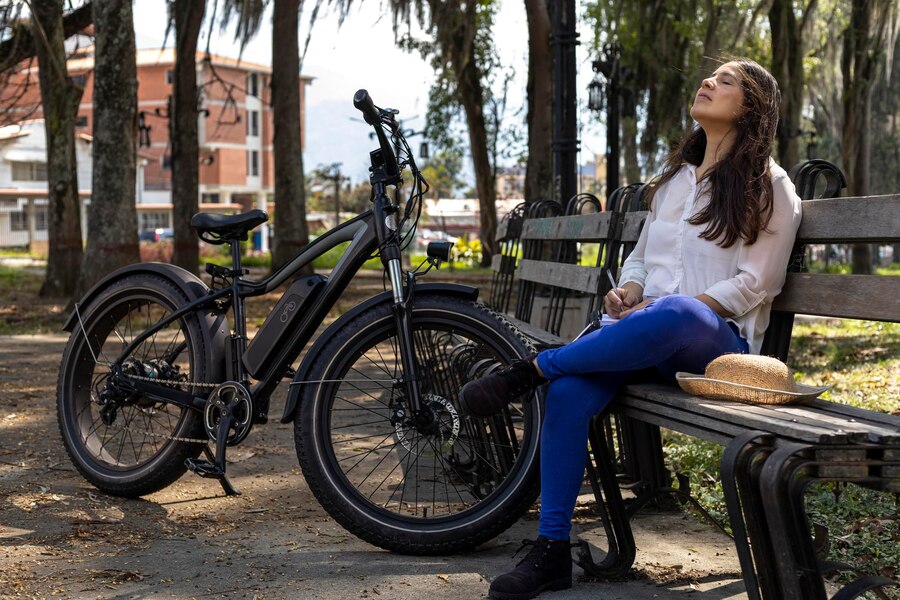
In Florida, an e-bike is defined as an electric bicycle that falls into one of three classes based on its classification system. These classes differ by features like speeds, motor power, and the way the bike moves forward. An e-bike’s motor cannot exceed 750 wattage, and the laws allow all classes of e-bikes, provided they meet speed limits and safety standards.
- Class 1 e-bikes: Also known as pedelecs, these e-bikes reach top speeds of 20 mph and require the cyclist to be actively pedaling. They do not include throttle assist.
- Class 2 e-bikes: These bikes also do not exceed 20 mph but include throttle assist, meaning they can move forward even if you’re not actively pedaling.
- Class 3 e-bikes: These are the fastest, with speeds up to 28 mph, and use a pedal assist system to help power the bike while pedaling. They often come equipped with a speedometer but lack throttle assist.
Related: Utah eBike Laws Exposed
General Regulations for eBikes
- Licensing and Registration: In Florida, no driver’s license, registration, or insurance is needed to operate an eBike, making it accessible for most riders.
- Speed Limits: Riders must adhere to speed limitations, which depend on the class of the eBike, ensuring safety on the road.
- Helmet Requirements: Helmets are mandatory for riders under the age of 16, prioritizing safety for younger users.
- Street Legal Rules: eBikes are considered street-legal and can be used on most roadways while following traffic laws similar to traditional bicycles.
Safety Equipment
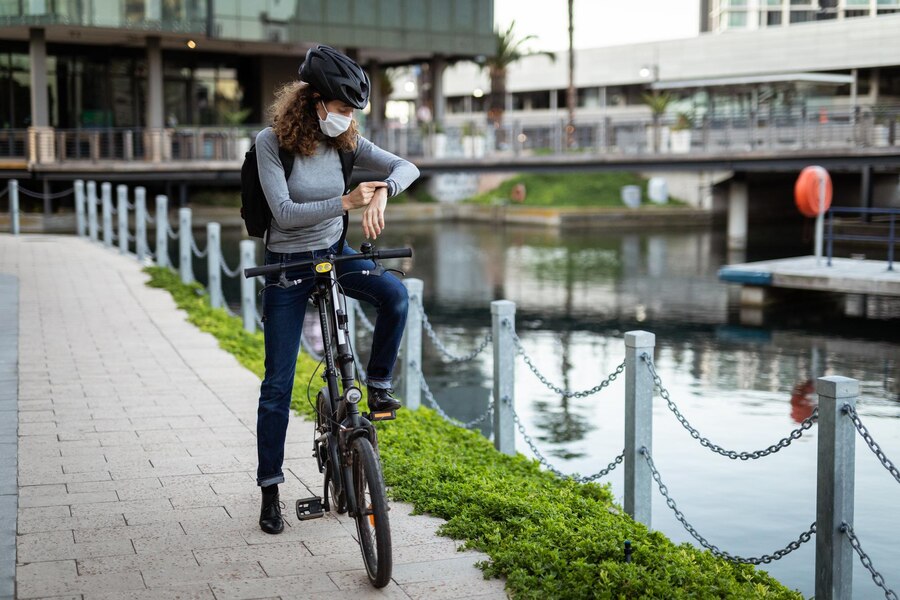
- A white light must be visible from 500 feet at the front of the eBike, while a red light must be visible from 600 feet at the rear for nighttime riding.
- Functional brakes are required, capable of stopping within 25 feet when traveling at 10 mph.
- Helmets are mandatory for riders under the age of 16 years old, ensuring their safety.
Where Can You Ride an eBike in Florida?
Permissible Areas
General Areas: In Florida, eBikes are allowed on most bike lanes, multi-use paths, and public roads as long as they follow speed regulations and obey traffic laws. Class 1 and Class 2 eBikes can ride wherever bicycles are permitted, while Class 3 eBikes may have extra restrictions based on local ordinances.
Sidewalks: Florida also permits eBikes on sidewalks unless prohibited by local law. However, riders must give way to pedestrians and ensure they travel at a safe speed to avoid accidents or discomfort for those on foot.
Federal Lands: On federal lands like national forests and national parks, access depends on specific rules.
- National Parks: Generally, Class 1 and Class 2 eBikes are allowed wherever traditional bicycles are allowed. However, park-specific regulations should be reviewed to ensure compliance.
- National Forests: The use of eBikes in national forests is determined by the management plan of the specific forest. Riders must check local guidelines to confirm whether their eBike is allowed on specific trails or routes.
Related: Breaking Down Alabama Ebike Laws
Popular eBike-Friendly Trails in Florida
Pinellas Trail: This 47-mile trail is perfect for eBikes, offering a long and scenic route for riders of all levels.
Shark Valley Trail: Located in the Everglades National Park, this 15-mile loop is ideal for Class 1 and Class 2 eBikes, making it a favorite among nature lovers.
Legacy Trail: This 18.5-mile trail connects Sarasota and Venice, providing a picturesque experience for eBike riders.
Florida ebike laws for trails
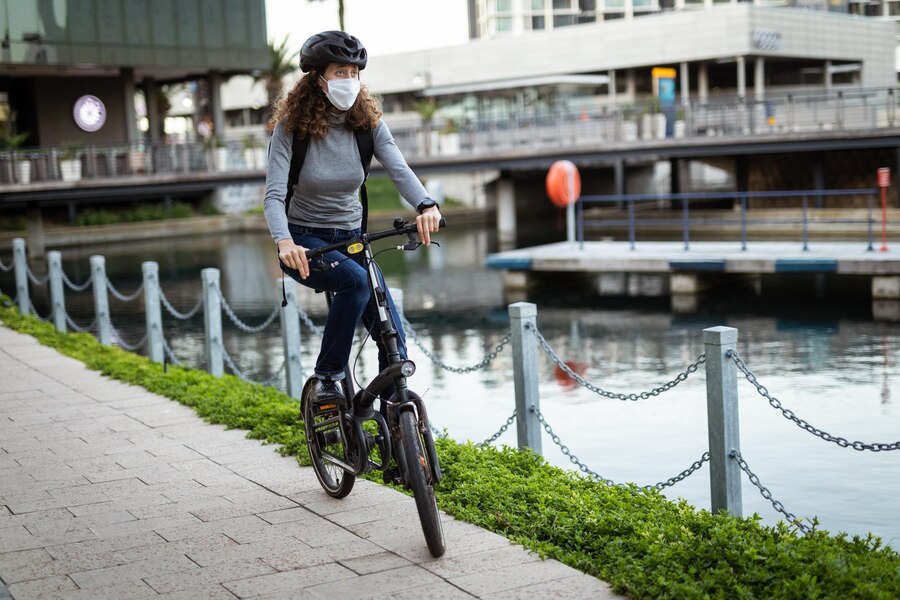
Local Laws: Always consult your local land management agency in Florida for specific e-bike laws about riding on trails. Different areas may have unique rules, so it’s essential to verify local regulations to stay compliant and enjoy your ride.
State: The Florida Department of Environmental Protection permits e-bikes wherever traditional bicycles are allowed. This makes most public trails accessible to e-bike riders. For accurate details, you can contact the department for further information.
Federal: On federal lands like those managed by the US Forest Service, eMTBs are classified as motorized vehicles and have access to motorized trails only. To avoid confusion, check with the US Forest Service Southern Regional Office for detailed information about specific recreational areas.
Related: Illinois Ebike Laws Exposed in 2025
How old do you have to be to ride an e-bike in Florida?
In Florida, there are age restrictions for e-bike use, similar to those for driving a car. You must be at least 16 years of age to operate an e-bike legally.
Do you need a license to ride an e-bike in Florida?

In Florida, you don’t need a driver’s license to ride an e-bike, which makes it easier for many people to enjoy. There’s also no registration requirement like there is for a motor vehicle, so you can avoid trips to the DMV, saving both time and unnecessary headaches.
Do you need a helmet when riding an e-bike in Florida?
Florida law does not require e-cyclists to wear helmets, but it’s always a good idea to wear one. A helmet can keep you safe during bicycle accidents, reducing the risk of a traumatic brain injury (TBI). Understanding the value of helmets can help you make safer choices, even if helmet laws vary between states.
Related: Montana Ebike Laws Simplified
Do you need insurance to ride an e-bike in Florida?
In the state of Florida, insurance is not required for e-bike riders, unlike for those who drive a car or motorcycle. This makes riding an e-bike much simpler and more affordable. It also saves you time, stress, and money, making e-bikes a convenient transportation option for many.
Local ordinances for e-bikes in Florida
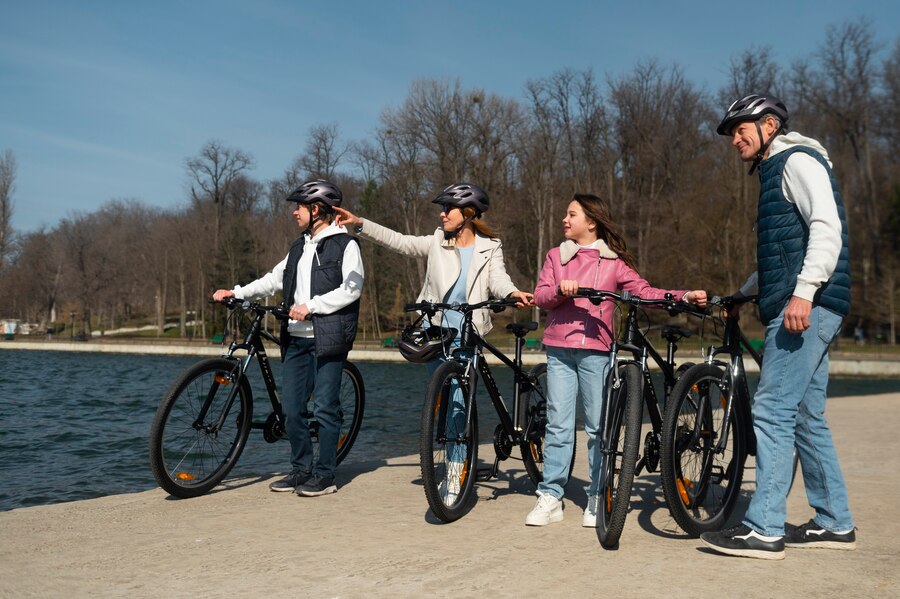
This guide provides an overview of e-bike laws in Florida, including licensing requirements, helmet regulations, and statewide rules. However, some municipality-specific ordinances differ, and certain locations have stricter policies. For example, Sanibel Island has banned e-bikes entirely, and there are ongoing discussions about similar restrictions in Fort Myers Beach. In Pinellas Beach communities, e-bikes are prohibited on the sand, showcasing how rules can vary significantly between areas.
Because state and local government ordinances can change, it’s important to check your area’s e-bike laws before cycling. A visit to your local police station or DMV is a great starting point for updated information. These resources ensure compliance with both statewide and local ordinances, helping riders navigate their surroundings safely and legally.
Related: Wisconsin Ebike Laws
What you should know before riding your e-bike in Florida
Check out the right bike trails: Florida has some amazing bike paths that are e-bike friendly. Explore trails like the Alafia River State Park Trail (8.5 miles, accessible from Lithia), Jonathan Dickinson State Park Trail (9 miles, accessible from Jupiter), Oleta River State Park Trail (17 miles, accessible from North Miami Beach), and Fort Clinch State Park Trail (5.4 miles, accessible from Fernandina Beach). These scenic routes are perfect for enjoying your e-bike ride.
Dress for the weather: Florida’s weather can be hot, humid, and sunny, so dressing appropriately is important. Wear a hat and sunglasses to block the rays and improve visibility. Choose breathable, water-wicking fabrics to stay cool and dry, and always carry plenty of water to stay hydrated while you ride.
Prioritize safe cycling: Safety should always come first when riding. While not mandatory, wearing a bike helmet is strongly recommended to protect against injuries like TBI. According to the Florida Department of Transportation (FDOT), about 40% of bike fatalities in the state are TBI-related. Avoid cycling under the influence of drugs or alcohol, and try to ride during daylight hours, as over half of serious traffic accidents happen at dusk or in the dark.
Respect the Florida wildlife: One of the best parts of e-cycling in Florida is experiencing its natural beauty and diverse wildlife. However, always steer clear of gators and other wild animals. Educate yourself on how to handle potential confrontations to ensure your safety.
Conclusion
Florida offers a variety of experiences for eBike lovers, from city rides to exploring scenic trails. To enjoy a hassle-free and legal ride, it’s important to follow the state’s eBike laws and meet the required safety requirements. Whether choosing between single-track trails or leveraging the top 3 cycling apps to track routes, being well-informed guarantees a safe and enjoyable eBike adventure every time.
Related: New Hampshire Ebike Laws
FAQs
Do you need a license to drive an electric bike in Florida?
In Florida, you don’t need a driver’s license to operate an eBike, making it accessible to riders of all ages and abilities. However, it’s important to follow other state laws and local ordinances to ensure a safe and legal ride.
Can eBikes be used on sidewalks in Florida?
Yes, eBikes are allowed on sidewalks in Florida unless specifically prohibited by local law. Riders must yield to pedestrians and maintain a safe speed to prioritize the safety of others. For detailed regulations, refer to Florida Statute §316.083.
Are there speed limits for eBikes in Florida?
Yes, eBike speed limits in Florida depend on the class of the bike. Class 1 and Class 2 eBikes have a maximum speed of 20 mph, while Class 3 eBikes can reach up to 28 mph. These limits ensure safe operation and are designed to align with the intended use of each eBike class.
What safety equipment is required for riding an eBike in Florida?
Florida law requires specific safety equipment for eBikes to ensure safe riding. Riders under 16 must wear a helmet. A white light, visible from 500 feet at the front, and a red light, visible from 600 feet at the rear, are essential for nighttime riding. Additionally, functional brakes must be capable of stopping within 25 feet when traveling at 10 mph.
Can you ride an eBike on Florida’s state parks and trails?
Yes, you can ride eBikes on many state parks and trails in Florida, but it depends on the specific park or trail. Class 1 and Class 2 eBikes are often allowed on singletrack or paved trails designated for bicycles. However, some areas may have restrictions due to environmental or safety concerns, so always check the rules for your destination beforehand.

